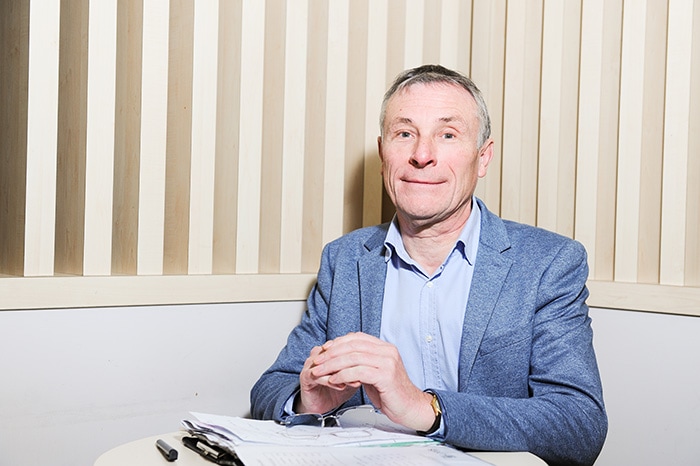
Following a successful career as a practitioner, service manager and strategic leader in the care and education sectors, Dr Doug Martin became a policy writer and moved into higher education and teaches at Leeds Beckett University. Through his research, he investigates the complex issues impacting on vulnerable children, young people and families. He is a school governor and has been director, chair and advisor to a variety of voluntary sector organisations. He is also a member of the Leeds School Forum, taking an active role in helping to shape schooling in the city.
--
The Commission on Young Lives final report outlines the present position our vulnerable children and families find themselves in 21st century Britain. The report is not an easy read as it outlines how increasing numbers of young people year upon year are lured into an alternative exploitative lifestyles via powerful, clever and manipulative adults. To add to this waste of young lives, the age of those being exploited is falling and now inclusive of primary school children. In schools, children and young people and broader services, we have heroic professionals attempting to minimise this growing exploitation. However, as Anne Longfield noted, in reality we are merely providing sticking plasters and not facing up to the challenge many of our children and families face.
The report draws a line in the sand and puts a marker down for politicians, policy makers and leaders across the board. Existing approaches are failing and we must understand why we have got to the position. It is time to stop, take stock, listen to children and consider radical solutions to the challenges they face.
The decade of austerity not only saw the loss of early intervention and preventative services such as youth work, but it also led to the fragmentation of children, young people and family services. Government in effect separated schools from the remainder of services as they were encouraged to become autonomous units focused upon narrow educational measure of performativity. My research in communities highlighted how schools and broader services were coming together to construct solutions to the issues communities faced and by 2010 all state funded schools were providing a core offer of services.
But in 2011, schools were directed to focus purely upon teaching in the classroom and their leaders' success to be measured by exam results. As austerity became the main theme of government with the phrase 'we cannot afford the welfare state', the marketisation of children, young people and family services saw cooperation replaced by competition.
In effect agency set against agency as funding reduced. The result being larger numbers of children and their families falling through the ever-increasing gaping cracks alongside the growth in poverty.
The proof is evident to all. Consider the universal pillars of the welfare state, as more and more families looked for help as Sure Start and other services with withdrawn. These families sought responses from schools, their GPs and A&E departments alongside the police. These services became the first point of access as preventative services were withdrawn from communities.
The start of the new decade saw this trend further fuelled by the pandemic as the most vulnerable families were disproportionately effected. Post-Covid saw a reigniting of the exploitation of children and young people by highly effective and efficient organised criminals while our service base and the highly committed professionals work within a broken and ever increasingly fragmented environment. However, as well as documenting these challenges, this longitudinal research conducted in a diversity of communities also provides some potential solutions.
Schools in the period 2006 to 2010 were encouraged to look outside their gates and embrace services in their community. These included police, NHS, young people's services, Sure Start Programmes etc. The result being the establishment of local multi-professional partnerships based upon the school that responded to the broader needs of their communities. These partnerships progressively replaced crisis interventions through preventative approaches.
The remnants of this period are evident today, despite successive Education Secretaries imploring schools to focus purely upon outstanding teaching. Breakfast and homework clubs and family support workers remain in schools today. But we have lost the key ingredient that came from this school-based policy experiment which involves integration of services within each community, which drove a shift in the conceptualisation of children and families as each service learnt about the other and were able to join together to work holistically in response to the complex challenges families face.
As the Commission's report suggests, it is time for schools to become once again a base for broader children, young people and family services through the establishment of Sure Start Plus for Teenagers.
The issues young people face today at the hands of relentless professional exploiters outwit and outmanoeuvre the responses of schools, NHS, police and broader services primarily because these services work in isolation. To save our children from a life of exploitation and alienation from mainstream society we must bring together all our professionals and through this create holistic responses set within the context of each child and family's lived experience to respond to these growing challenges.
Dr. Doug Martin, Researcher and Course Director, Leeds Beckett University.
Copyright Oasis 2023 • Privacy Policy